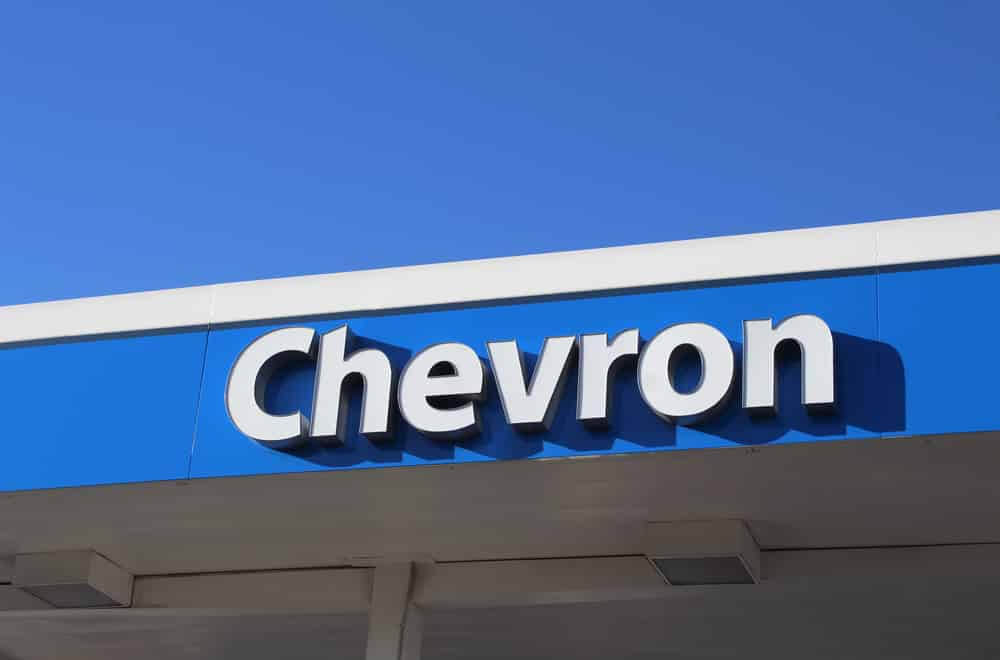
Chevron conceal payments to some governments
Exxon Mobil Corp and Chevron Corp of the United States have failed to achieve essential transparency criteria set by the Extractive Industries Transparency Initiative (EITI), a worldwide anti-corruption agency. Those corporations hold board seats, the EITI said on Wednesday.
According to a spreadsheet showing member firm adherence to its requirements, Exxon and Chevron has refused to publicly disclose taxes and other payments paid to governments in countries where they operate that are not EITI members. The EITI, based in Norway, was created two decades ago and currently has 55 countries members. To combat corruption, it implements voluntary, worldwide norms to encourage open and accountable administration of oil, gas, and mineral resources in all resource-rich countries. According to the company’s website, Exxon has operated in countries that are not EITI members, including Qatar, Pakistan, and India. Chevron has been used in non-EITI nations like China and Angola.
ConocoPhillips
ConocoPhillips is another member that does not record contributions to non-member nations, which is not on the EITI board. It has had activities in Libya, Malaysia, and China, among other places. Exxon spokesperson Casey Norton stated that the company complies with all current legislation.
Chevron spokesperson Sean Comey stated that the company supports initiatives to improve revenue transparency. Especially ones that do not prejudice impacted companies or their shareholders.
The EITI’s revelation could put additional pressure on firms already under fire from shareholders, environmentalists, and lawmakers for greenhouse gas emissions causing climate change.
It also indicates a growing governance gap between oil giants in the United States and those in Europe. These are primarily in regard to perform better on climate and transparency.
According to the group, European-based firms BP, Shell, and Total publicly publish their taxes and payments to non-EITI nations.
Companies making annual contributions to assist fund the group’s management as EITI members dont need to follow the group’s guidelines.
However, EITI Board Chair Helen Clark stated in July, without further elaboration, that the board’s oversight committee will explore repercussions for corporations failing to achieve the group’s standards, probably in October.
Dodd-Frank
Clark stated on Wednesday that publishing the names of corporations that fail to meet expectations will assist EITI members in engaging in dialogue to increase corporate responsibility and transparency. We hope that it will promote a ‘race to the top’ to meet or exceed them,” she said. She went on to say that work is necessary to clarify the expectations.
In April, the Securities and Exchange Commission will consider adopting the 2010 Wall Street reform law known as Dodd-Frank. It would force energy and mining corporations to disclose payments to all foreign governments. According to PWYP-US, US corporations that support EITI are reaping the reputational benefits of EITI participation. However, they are still failing to meet the minimum membership requirements.
According to Carly Oboth, PWYP-US interim director, EITI’s company members, particularly those on its board, must guarantee that the group’s credibility does not suffer due to corporations that are not transparent.


